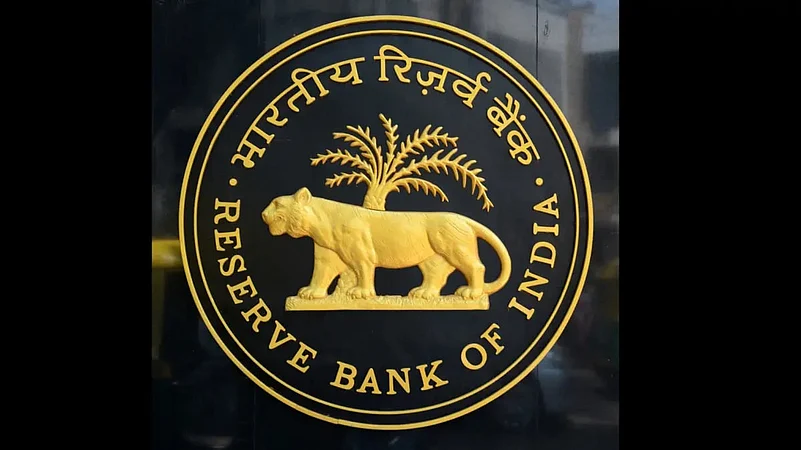The Reserve Bank of India (RBI) has reiterated its opposition to cryptocurrencies and highlighted how they can undermine sovereign control over money supply, as well as weaken the exchange rate, thus, once again stressing the danger cryptocurrencies pose to India and other developing countries in general.
In its latest Financial Stability Report of June 2022, the RBI said that cryptocurrencies are essentially private currencies, and as has been seen, “historically, private currencies have led to instability and dollarisation, as they create parallel currency system(s), which can undermine sovereign control over money supply, interest rates and macroeconomic stability.”
It said that cryptocurrencies cannot be deemed ‘currencies’ as they do not have an issuer. That is why they are not an instrument of debt or a financial asset, and do not have any intrinsic value either. This is also the reason why they can impair the existing financial stability.
“For developing economies, cryptocurrencies can erode capital account regulation, which can weaken exchange rate management. Furthermore, cryptocurrencies can lead to disintermediation from the formal financial system, impairing financial stability,” the RBI report said.
The other danger, the report said, is that cryptocurrencies are created on the decentralised system, which is designed to bypass the financial system and all its controls, including anti-money laundering (AML) and/or combatting financial terrorism (CFT) and know your customer (KYC) regulations.
It further said that crypto currencies are characterised by highly volatile prices as was seen by the vast fluctuation in the market value of crypto assets, which grew ten-fold from early 2020 to late 2021, peaking at almost $3.0 trillion, before plummeting sharply to below US $ 1 trillion.
“The risks from Stablecoins that claim to maintain a stable value against existing fiat currencies require close monitoring, in particular – they are akin to money market funds and face similar redemption risks and investor runs, because they are backed by assets that can lose value or become illiquid in times of market stress,” the report added.
The report further said that as of now, the risks from crypto assets to financial stability appear to be currently limited because the overall size is small (0.4 per cent of the global financial assets), and their interconnectedness with the traditional financial system is also restricted. That said, the risks could grow as these crypto assets and their supporting ecosystem evolve.













